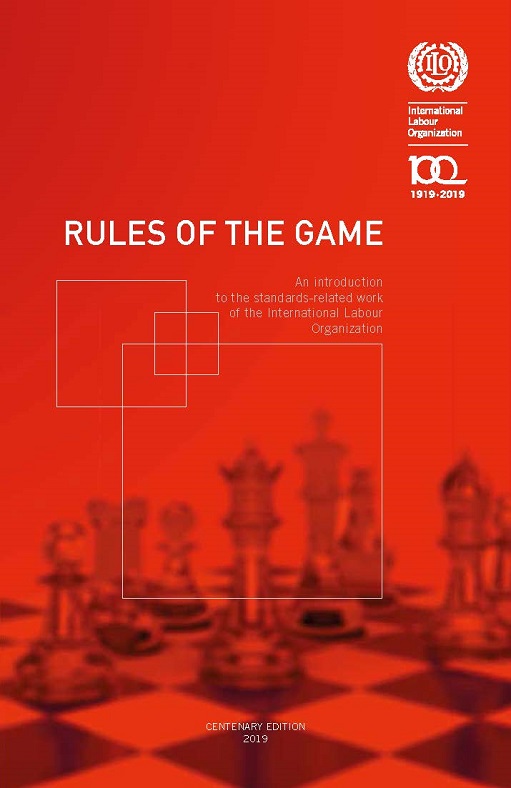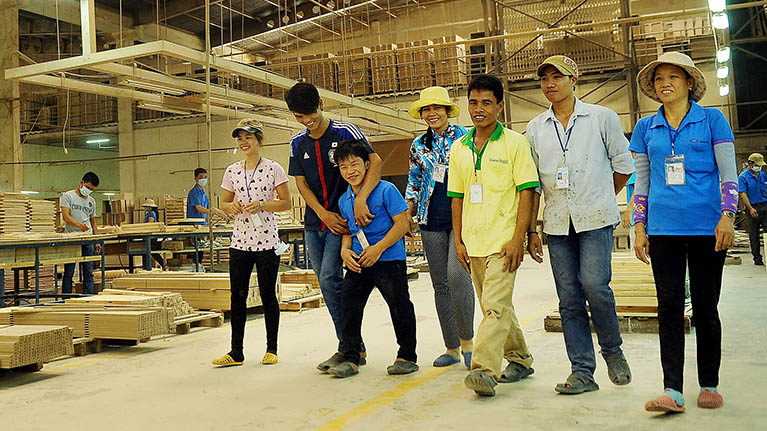Introduction to International Labour Standards
"The ILO’s mandate to strive for a better future for all in the world of work requires it […] to understand and anticipate the transformational drivers of change which are already in operation; and to be ready to respond rapidly to events and challenges which cannot reasonably be predicted. […] it seems inconceivable that the ILO’s quest for social justice could be carried out satisfactorily if the Organization did not continue to reach out to the most vulnerable. […] the ILO […] will rightly be judged by what we do for the weakest and most disadvantaged, for those in poverty, without work, without opportunity, prospects or hope, for those suffering denial of fundamental rights and freedoms(Note 1)." - Guy Ryder, Director-General of the ILO, 2016
Since 1919, the International Labour Organization has maintained and developed a system of international labour standards aimed at promoting opportunities for women and men to obtain decent and productive work, in conditions of freedom, equity, security and dignity. In today's globalized economy, international labour standards are an essential component in the international framework for ensuring that the growth of the global economy provides benefits to all.
Note 1: ILO, A vision statement by Guy Ryder, Director-General of the ILO, Geneva, 2016.

